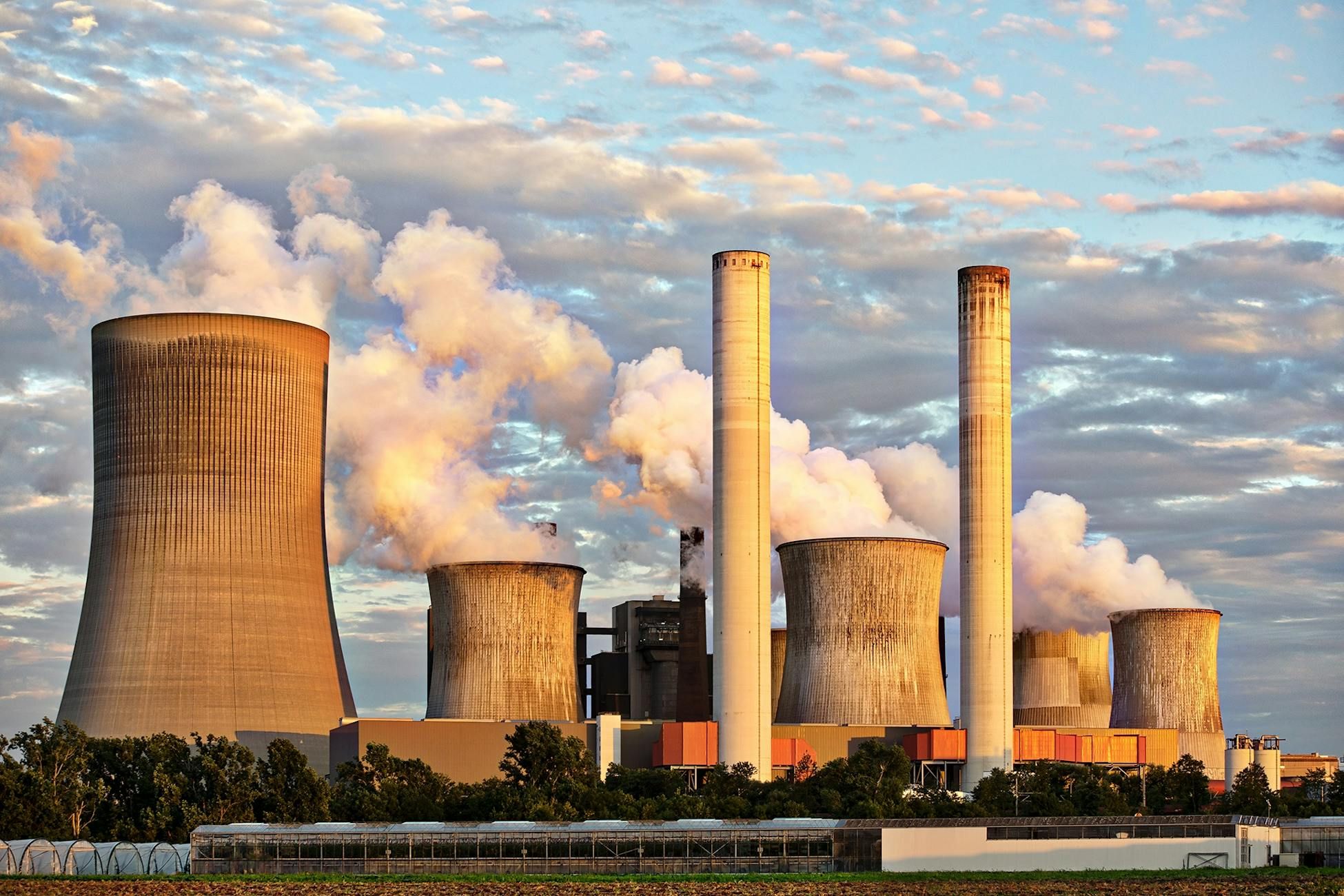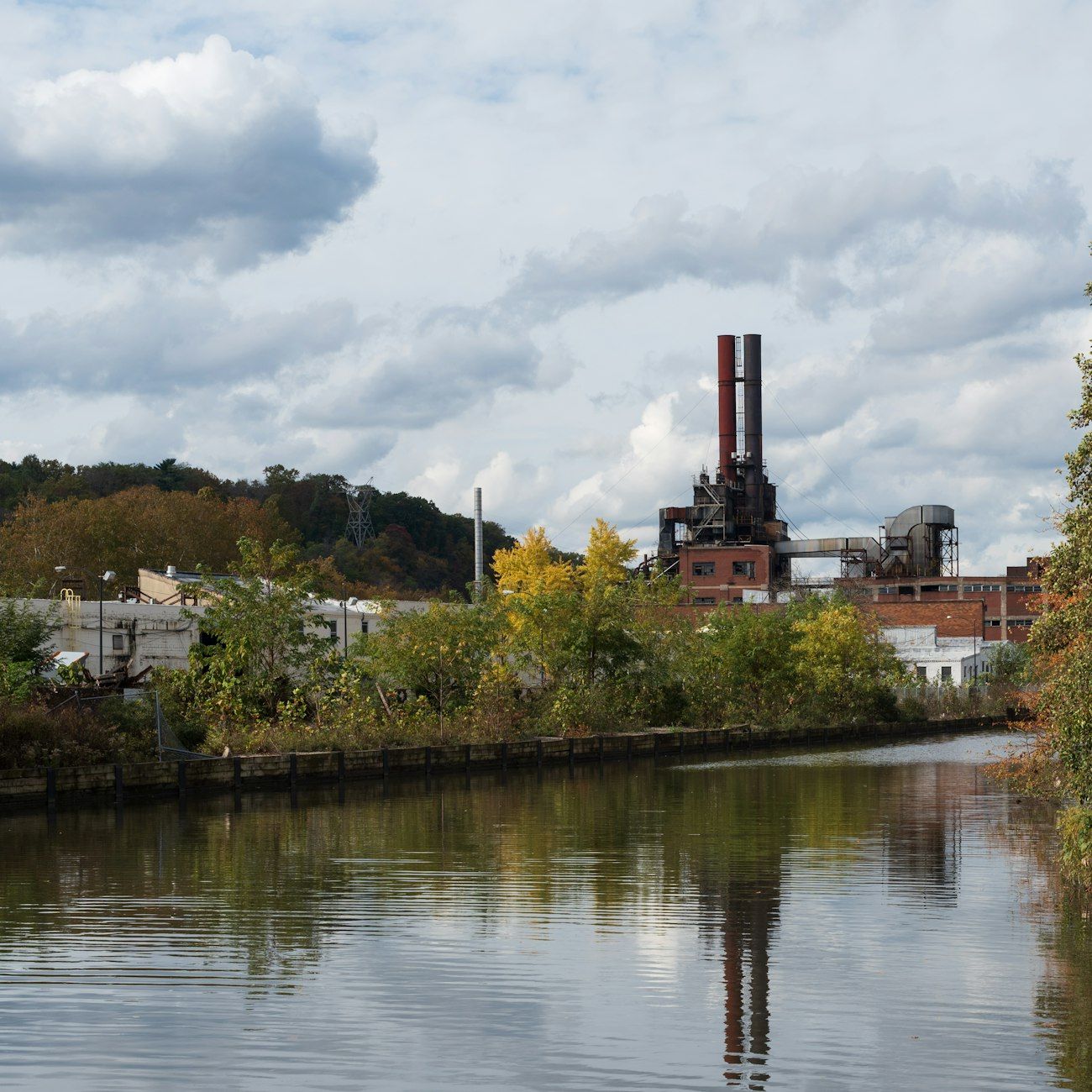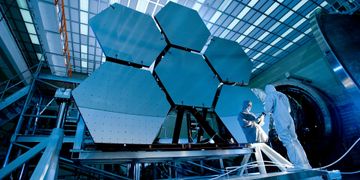From Manual to Smart: How Industry Is Evolving Fast



In today's fast-paced world, the industrial landscape is undergoing a significant transformation. From manual processes to smart solutions, the industry is evolving at a rapid pace, embracing cutting-edge technologies to streamline operations and boost productivity. This shift towards automation and digitalisation is revolutionising the way businesses operate, paving the way for a new era of intelligent production systems and smart manufacturing.
One of the key driving forces behind this transformation is the concept of industrial automation. Industrial automation involves the use of control systems, such as robots or computers, to handle different tasks and processes in an industrial setting. By automating repetitive and labour-intensive tasks, businesses can improve efficiency, reduce errors, and enhance overall performance.
The rise of Industry 4.0 trends has also played a crucial role in shaping the future of manufacturing. Industry 4.0, often referred to as the fourth industrial revolution, is characterised by the integration of digital technologies into industrial processes. This includes the use of big data, artificial intelligence, the Internet of Things (IoT), and other advanced technologies to create smart factory solutions that are more connected, efficient, and responsive.
With digital transformation in industry gaining momentum, we are witnessing a paradigm shift in the way businesses approach production and operations. Automated industrial processes are becoming increasingly sophisticated, allowing companies to optimise their workflows, minimise downtime, and deliver high-quality products at scale.
Furthermore, the advent of intelligent production systems is enabling manufacturers to achieve new levels of flexibility and agility. By leveraging innovative technologies such as cloud computing, machine learning, and predictive analytics, businesses can make data-driven decisions in real time, adapt to changing market demands, and stay ahead of the competition.
The future of manufacturing is being shaped by continuous advancements in industrial technology evolution. As companies invest in smart factory solutions and embrace automation, they are unlocking new possibilities for growth and innovation. From digital twins and collaborative robots to autonomous vehicles and 3D printing, the possibilities are endless.
It is clear that the industrial landscape is undergoing a profound transformation, driven by the relentless pursuit of operational excellence and competitiveness. As businesses continue to invest in smart manufacturing and automation, we can expect to see even more significant changes in the years to come. The future of industry is bright, and the possibilities are limitless.




